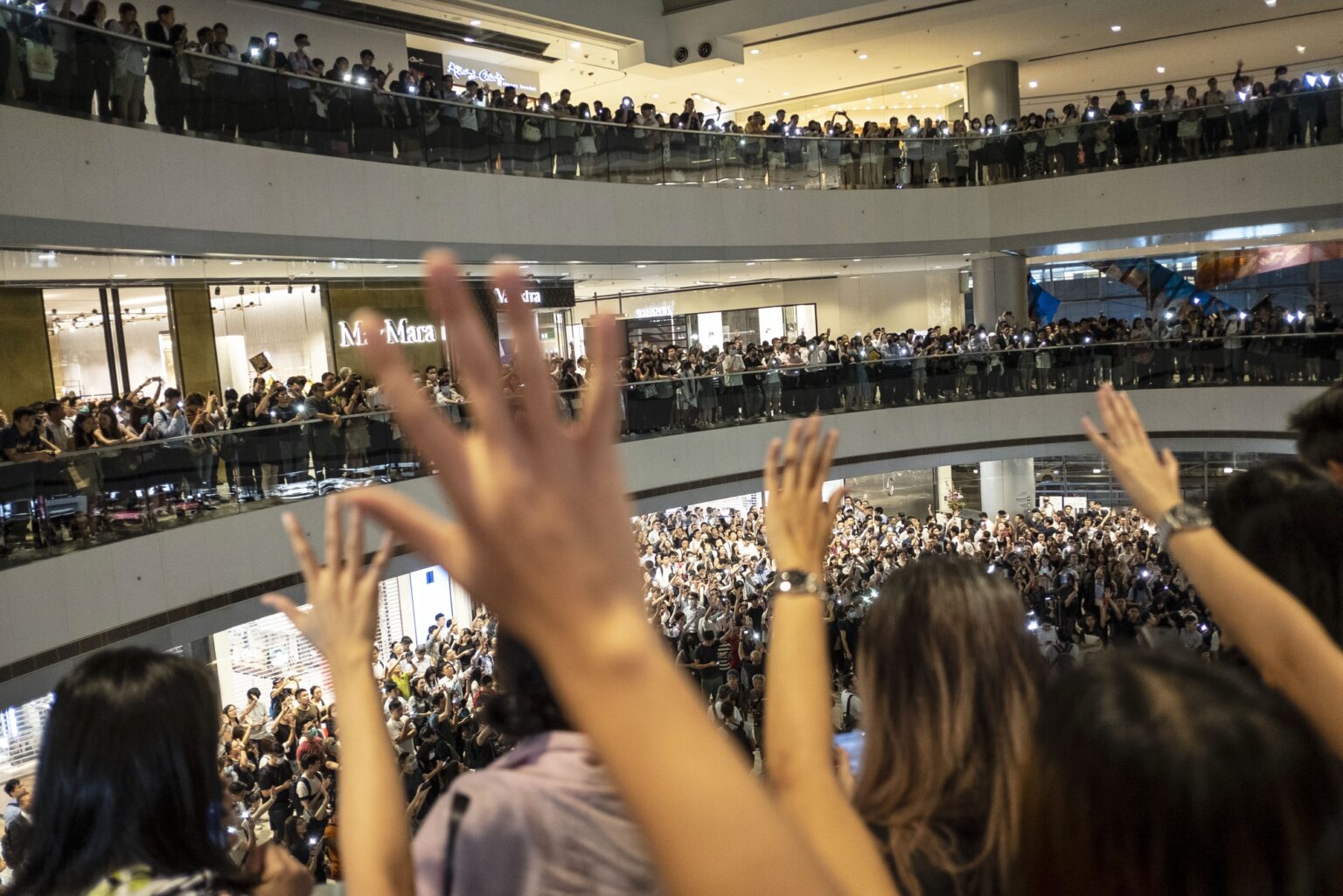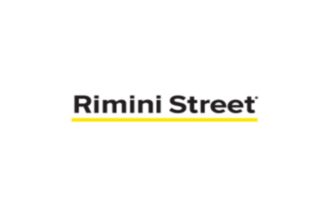Hong Kong’s Secretary for Innovation, Technology, and Industry, Sun Dong, has become a focal point in a contentious legal issue involving the removal of the protest song “Glory to Hong Kong” from Google’s search results. As the government pushes for the song’s removal, we must ask: What does this mean for the state of freedom of speech and the role of technology companies in governance?
The protest song “Glory to Hong Kong”, considered by many as the unofficial anthem of the city’s pro-democracy protests, has been under fire since its banning under China’s national security law in 2020. Yet, Google refused to manually remove it from its search results, arguing that their systems are automated, and changes require a violation of local laws.
Sun Dong emphasizes that Google’s refusal has prompted the government to apply for a court injunction against the song. The hearing, initially scheduled for June, has been adjourned to July 21st.
Also read: A Vexed Vapor Decision: Health Minister’s Litigation Over Vape Liquid Delisting
In response to the government’s move, Human Rights Watch, alongside 24 other human rights and digital rights groups, has called on technology companies to oppose the injunction. Similar appeals have been made by the Electronic Frontier Foundation (EFF) and civil society organizations.
These groups argue that this case exemplifies China’s broader efforts to control global information and threatens freedom of expression and access to information worldwide. Past instances of content removal by tech giants like Google and Meta due to governmental pressure are cited as precedents for this assertion.
However, Sun Dong asserts that the song’s removal would be a legal remedy to instances where it was mistakenly played at foreign sporting events. He also suggests the government’s desire to place the Chinese national anthem at the top of search results.
In this digital age, the intersections of freedom of speech, censorship, and the responsibilities of tech companies are more complex than ever. The outcome of the pending court hearing could set a precedent for future censorship battles. All eyes are on Hong Kong as we wait for July 21st.

















